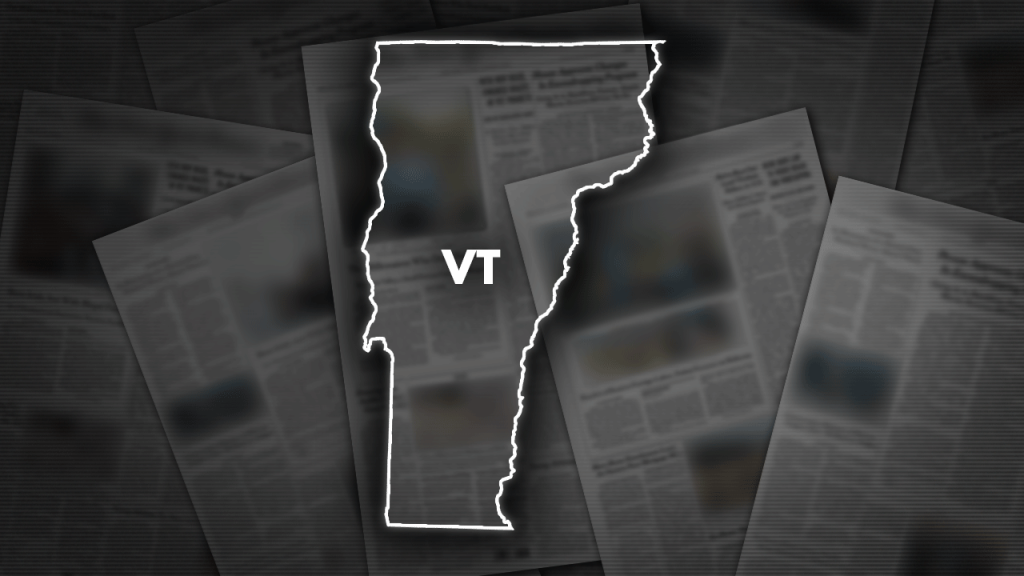Goddard College, a progressive institution known for its alternative approach to higher education, has announced its closure at the end of the semester due to declining enrollment and financial struggles. Established in 1938, the school currently has 220 students, a sharp decline from the more than 1,900 students it had in the early 1970s. The decision to close was described as heart-wrenching but necessary, as the board of trustees cited financial insolvency as the primary reason for the closure. Board chair Mark Jones expressed sadness over the decision, acknowledging the loss of a unique educational opportunity for students.
Despite efforts by boards and administrations over the years to find ways to keep Goddard sustainable, the school ultimately could not overcome the challenges posed by inflation, demographic changes, and shifts in educational preferences. Like many other colleges facing similar issues, Goddard struggled with a decrease in college-age students and a shift towards more career-oriented training. The closure of Goddard College represents a significant loss for students seeking an alternative, progressive higher education experience. Notable alumni from the school include actor William H. Macy, playwright David Mamet, and members of the rock band Phish, highlighting the impact of the institution on artistic and cultural spheres.
In response to the closure, the board of trustees has arranged for Goddard students to continue their education at the same tuition rate through Prescott College in Arizona. Additional partner institutions may be announced in the near future to provide students with opportunities to further their studies. A scholarship fund will also be established to assist students in transitioning to a new educational environment. This support is aimed at helping students navigate the challenges of finding a new educational path following the closure of Goddard College, ensuring that they can continue their academic journey.
The closure of Goddard College underscores the broader challenges facing the higher education sector, particularly for smaller, independent institutions with unique educational offerings. The impact of declining enrollment and financial struggles has forced many colleges to reevaluate their sustainability and make difficult decisions about their future. Goddard’s closure reflects a larger trend in the educational landscape, where institutions must adapt to changing market forces and student preferences in order to remain viable in an increasingly competitive environment. As the school prepares to close its doors, the legacy of Goddard College will live on through its alumni and the impact it has had on progressive education and cultural innovation.


